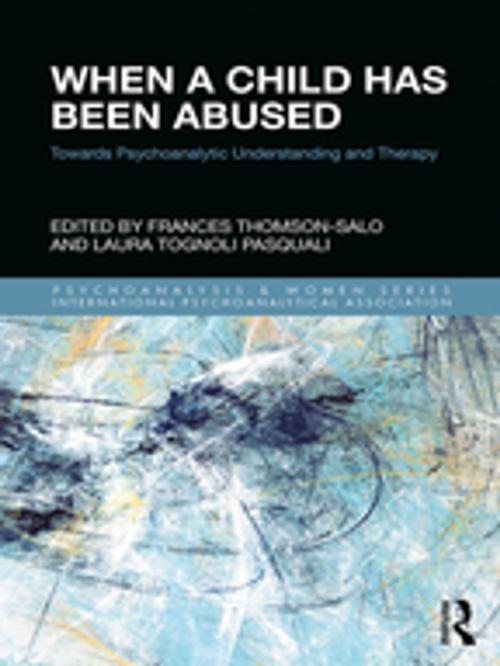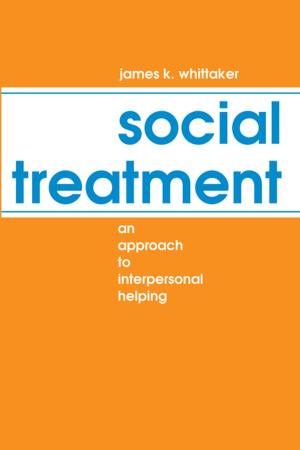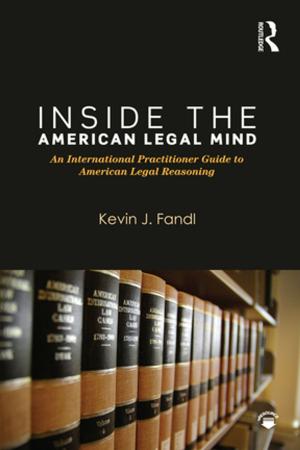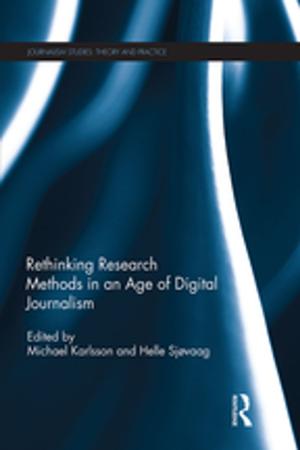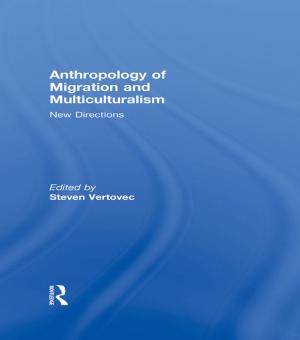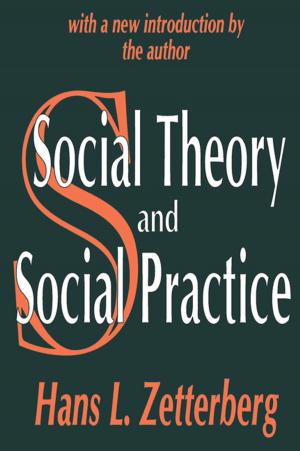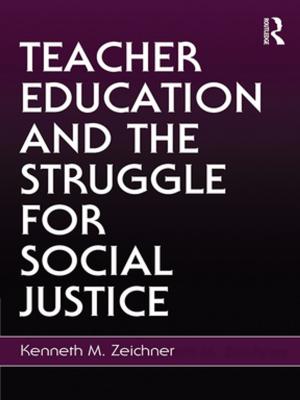When a Child Has Been Abused
Towards Psychoanalytic Understanding and Therapy
Nonfiction, Health & Well Being, Psychology, Child & Adolescent, Child Psychology, Mental Health| Author: | Frances Thomson-Salo, Laura Tognoli Pasquali | ISBN: | 9780429835667 |
| Publisher: | Taylor and Francis | Publication: | September 6, 2018 |
| Imprint: | Routledge | Language: | English |
| Author: | Frances Thomson-Salo, Laura Tognoli Pasquali |
| ISBN: | 9780429835667 |
| Publisher: | Taylor and Francis |
| Publication: | September 6, 2018 |
| Imprint: | Routledge |
| Language: | English |
This important and wide-ranging book explores the world of a child or young person who has been abused or neglected. It seeks to understand their world, to ease the pain from which they suffer, and to heal the wounds that the abuse has left.
Examining how abuse always takes place in the context of relationships, and involves a misuse of power that causes a traumatic overwhelming of the child or adolescent, abuse also evokes strong countertransference. This affects interventions, particularly when clinicians struggle with feelings of which they may feel ashamed. A difficulty in coming to terms with and addressing child abuse relates to unconscious factors which, by freezing the emotional area surrounding the abuse (or by blinding the area of personality), makes some thoughts unthinkable**.**
Considering traditional and novel ways of helping children who feel they have been maltreated, the book offers suggestions for individual treatment as well as describing the successful work carried out with child refugees. It also offers a glimpse into what child psychoanalysts interpret and do with children who feel a parent hates them.
This important and wide-ranging book explores the world of a child or young person who has been abused or neglected. It seeks to understand their world, to ease the pain from which they suffer, and to heal the wounds that the abuse has left.
Examining how abuse always takes place in the context of relationships, and involves a misuse of power that causes a traumatic overwhelming of the child or adolescent, abuse also evokes strong countertransference. This affects interventions, particularly when clinicians struggle with feelings of which they may feel ashamed. A difficulty in coming to terms with and addressing child abuse relates to unconscious factors which, by freezing the emotional area surrounding the abuse (or by blinding the area of personality), makes some thoughts unthinkable**.**
Considering traditional and novel ways of helping children who feel they have been maltreated, the book offers suggestions for individual treatment as well as describing the successful work carried out with child refugees. It also offers a glimpse into what child psychoanalysts interpret and do with children who feel a parent hates them.
